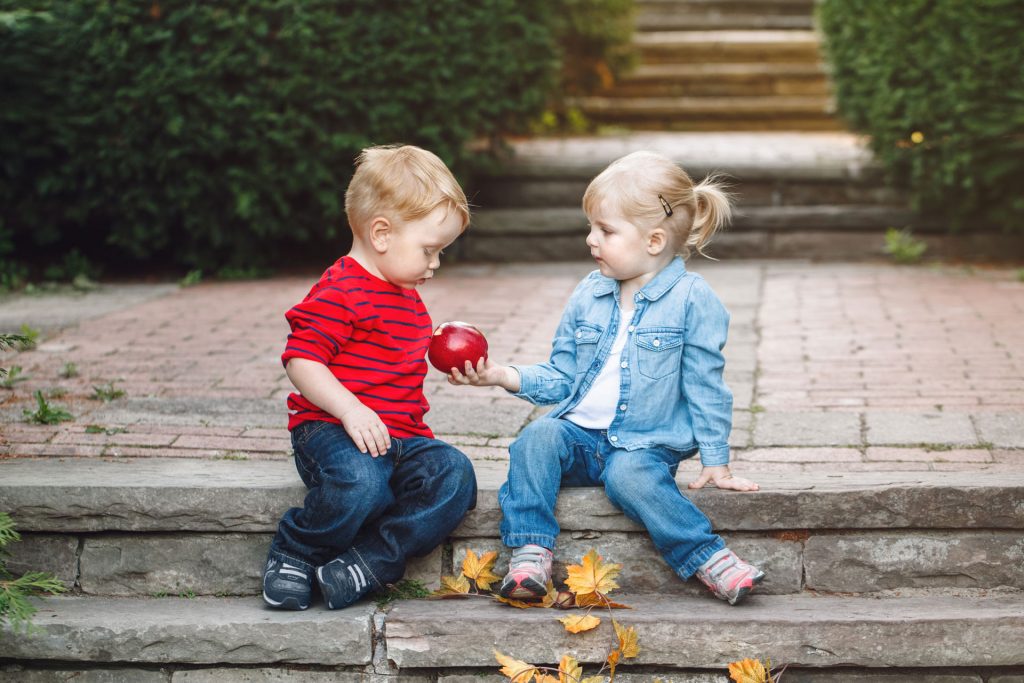There is never a bad time to teach your child the benefits associated with being kind to others and how to experience those benefits for themselves.
The Benefits of Being Kind
An act of kindness not only benefits its recipient; it has also been proven to have a positive impact on the giver and those there to witness it.
Happier Children – Kindness Can Be Contagious
Being kind has been scientifically proven to stimulate the release of endorphins; and endorphins are linked to positive, pleasurable emotions. These good feelings achieved when your child demonstrates kindness tend to be contagious to everyone involved. For example, when other children notice the joyfulness your child experiences after performing an act of kindness, they are more likely to be kind to others in order to experience that joy for themselves.
Building Friendships and Self-Esteem
It’s not uncommon for a simple act of kindness to lead to new and long-lasting friendships. Especially in younger children who absorb new knowledge and feelings like a sponge; as they tend to seek out and make social connections with kind children likely to evoke their innate joy. The positive feelings and friendships that result from acts of kindness can work together to boost your child’s self-esteem.
Healthier Children
As a parent, there’s nothing more important than the health of your child; and kindness has been proven to promote health benefits that can potentially last into adulthood. Along with endorphins, acts of kindness and their correlating emotional responses can also trigger the release of the hormone oxytocin. Oxytocin can lead to lower blood pressure which in turn helps to promote heart health. This innate hormone has also been linked to slowing down the body’s aging process. This is all the more reason for both you and your children to practice being kind.

How to Teach Kindness
There isn’t an official textbook or set of definitive steps on how to successfully teach children how to be kind, but there are plenty of approaches that can help.
Provide Opportunities for Kindness
Most children aren’t going to go out of their way to perform random acts of kindness from the get-go. Therefore, it’s important to provide them with the prompts and opportunities that enable them to partake in demonstrating kindness. Something as simple as suggesting they help set the dinner table can teach them a valuable lesson in being kind. Maximizing the impact of this lesson leads us to our next bit of advice.

Positive Reinforcement and Encouragement
After your child performs an act of kindness, be sure to express how proud you are. You may want to consider creating a reward system; perhaps give them a notebook in which each act of kindness is noted by a special sticker. This positive reinforcement can help lead your child to begin taking part in truly random acts of kindness.
Teaching children the importance of kindness is an ongoing process; and the most effective ways of doing so will change as your child continues to grow older. It’s a learning experience for both parents and children with the potential to positively influence everyone involved.


